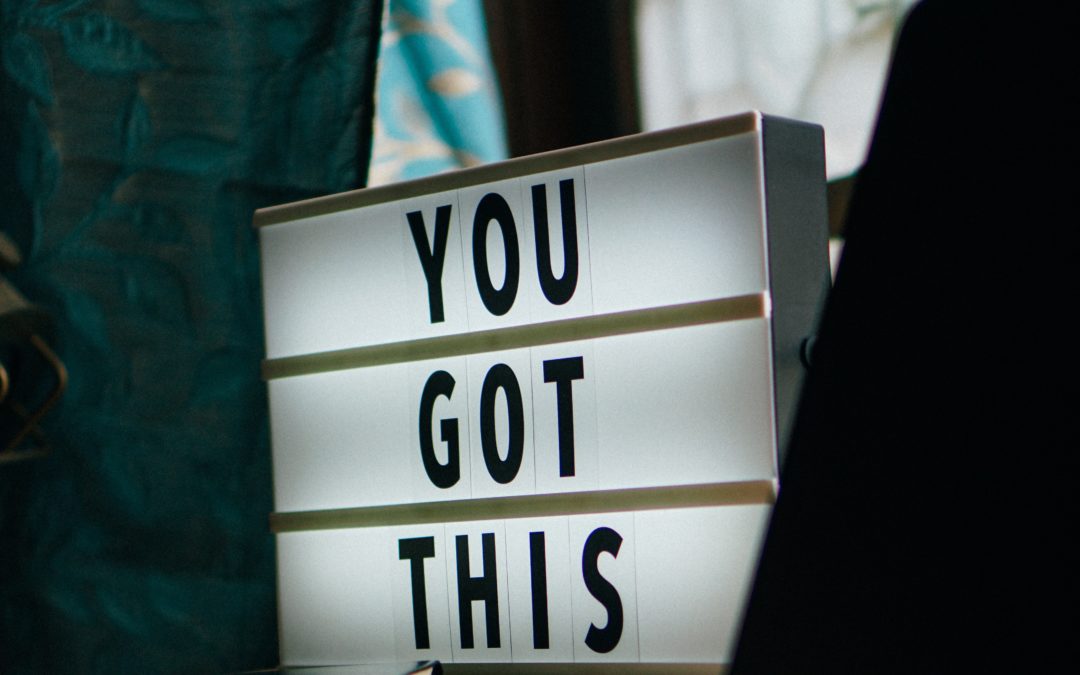Losing motivation during recovery is a common experience, but it does not have to be a roadblock to progress. Understanding the reasons behind your loss of motivation and learning how to regain focus and stay encouraged can make a significant difference in your journey. Embrace the challenges, and remember that setbacks are an integral part of the process.
Reasons Why You Might Lose Motivation
Recovering from an addiction can take time and effort. As time passes, you may feel tired or lose patience when faced with challenges along the way. Some common reasons why you may lose motivation in recovery include the following:
- Relapse: Relapses can leave you feeling defeated and make you question your ability to achieve a lasting sobriety. Rather than getting lost in guilt and shame, however, view relapse as a learning experience that can help you move forward.
- Emotional issues: During recovery, you may have to confront past traumas and any emotional issues that may have been ignored while using substances. Without help, powerful emotions can become overwhelming and lead to a loss of motivation.
- Fear of change: Overcoming addiction requires you to make significant changes in your life and develop new ways to cope. The fear of the unknown can cause you to lose motivation and go back to where you feel comfortable.
- Setting unrealistic expectations: Setting unrealistic expectations for yourself can set you up for disappointment and a loss of motivation. Create goals and expectations that are achievable, and work on each of them one step at a time.
Seven Tips to Get Back on Track and Regain Your Motivation
When you lose your motivation, it is vital to remember why you are on this journey in the first place. Consider these seven tips to help you regain your motivation in recovery:
- Reach out for support: Reach out to your support network such as friends, family, or your sponsor when feeling unmotivated. They can offer encouragement and help you refocus on your recovery. Attending support group meetings can also be a valuable resource, as they provide a sense of community and understanding. Listening to others explain how they stay motivated in recovery can be a source of inspiration.
- Break your journey into smaller tasks: The road to recovery can seem overwhelming when viewed as a whole. Try breaking down your goals into smaller, manageable steps to make the process feel less intimidating. Remember to celebrate each milestone as you accomplish it to give you a sense of achievement and boost your motivation.
- Be realistic in your expectations: Set realistic expectations for your recovery journey. Understand that the process may not always be easy. Recovery is a process with ups and downs, and learning to deal with setbacks is an essential part of staying committed.
- Identify triggers: Identifying your triggers and developing healthy ways to cope with them is vital for maintaining motivation. Learn what situations, people, or emotions may trigger you and possibly lead to a relapse and work on constructive ways to cope with each of them.
- Attend therapy or counseling: If you find yourself struggling to stay motivated, consider returning to therapy or counseling. A professional can guide you and provide coping strategies tailored to your unique needs. Therapy can be a safe space to explore the underlying reasons for losing your motivation and develop tools to overcome it.
- Be kind to yourself: Show yourself kindness, compassion, and forgiveness when you experience a loss of motivation. It is normal to face challenges, but these do not have to define your recovery journey. Practice self-care to help you reduce stress and regain motivation.
- Look for inspiration: Inspiration can come from anywhere. Reading books about other people’s successful journeys in recovery can be extremely motivating. You can also listen to motivational podcasts or watch motivational videos to gain insight and motivation.
Contact Us Today!
If you or a loved one is struggling with a substance use disorder, help is available. Reach out to the caring and compassionate staff at Twin Lakes Recovery Center in Monroe, Georgia, to help put you on the path to a lasting recovery. We offer a range of programs and services that can be tailored to meet your individual needs, including detox programs, residential treatment, continuing care, and more. To find out more about what we can offer, please contact us today.




